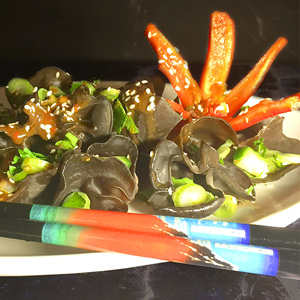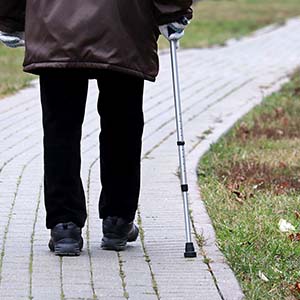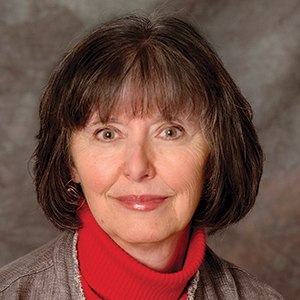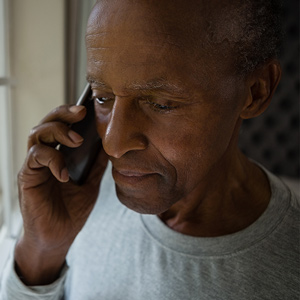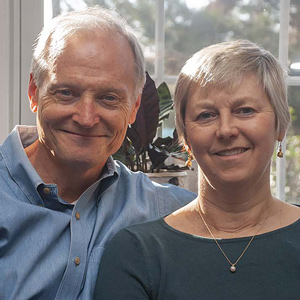Well-being
-
Get Involved
Cooking Up SupportJohn Hanley's ChemoCookery Twitter account has become a place to share meal ideas and have conversations about cooking, cancer and the crossover between them.
by Bradley Jones
-
Exercise, Cancer and Aging
A study on aging shows that cancer survivors are at higher risk of losing strength and walking more slowly compared to those with no cancer history. Exercise is one way to combat this decline.
by Marcus A. Banks
-
Healthy Habits
Fighting FitTai chi benefits cancer survivors in body, but also in mind.
by Tara Santora
-
Your Cancer Guide
A Space for Self-CareCancer survivors can build routines to address their needs during and after treatment.
by Hester Hill Schnipper
-
Caregiving With Confidence
Feeling DistantA little bit of planning can help streamline cancer care, even when you are caregiving from afar.
by Karen J. Bannan
-
Forward Look
Sexual Health in Adolescent and Young Adult SurvivorsCancer survivors diagnosed early in life may have unanswered questions about their sexual health.
by Lindsey Konkel
-
Forward Look
Going FlatMost people who opt out of breast reconstruction are satisfied with their decision but are not always supported by their surgeons.
by Kris Conner
-
Q&A
Cancer, From the Other SideWhen Liza Marshall was diagnosed with stage III breast cancer, she and her husband, oncologist John Marshall, had to chart new waters.
by Marci A. Landsmann
-
Sound Advice
Summer 2021vol 11 | issue 02
Ensuring that doctors respect your cultural background, addressing anxiety caused by the pandemic, and discussing end-of-life plans. -
Facts and Stats
Categorizing Skin CancerA knowledge of the different types of skin cancer can help you remain vigilant.
by Bradley Jones

